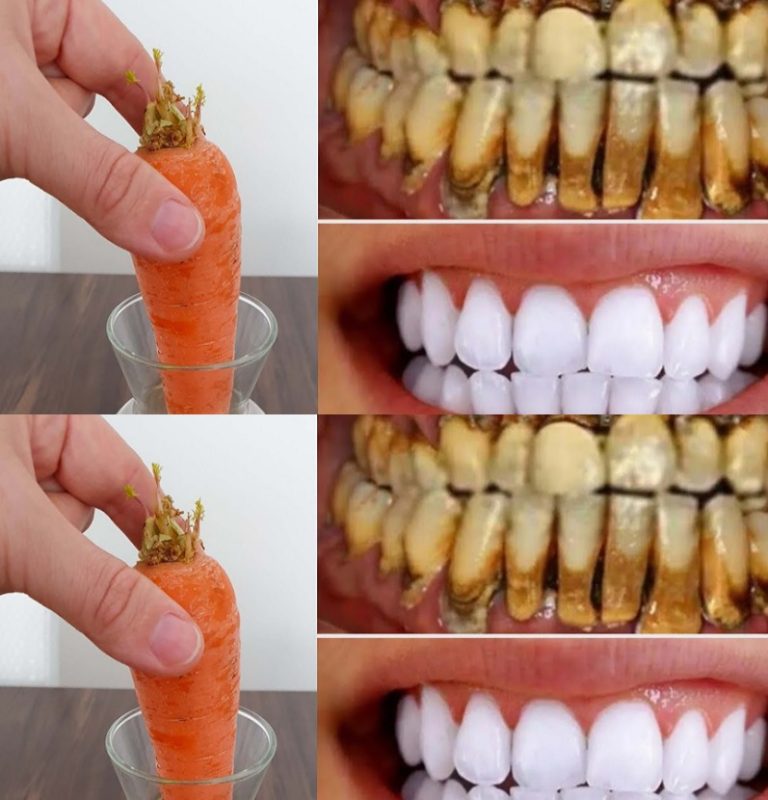Advice For Milky White and Glossy Teeth In just two minutes, yellow and accumulated tartar on teeth will turn milky white and glossy?????
Even though there are many different teeth-whitening treatments and solutions available, it’s important to prioritise your dental health and proceed cautiously when it comes to teeth-whitening.
It may be too optimistic or deceptive to state that teeth that are yellow can become “milk-like white and shiny” in as little as two minutes. Before attempting any new teeth-whitening technique, it’s critical to understand the possible hazards and speak with a dentist.
Instructions For Advice For Milky White and Glossy Teeth:
- Professional Consultation: See a dentist prior to beginning any teeth-whitening technique. They are able to evaluate your dental health, pinpoint the origin of the discolouration, and provide the best teeth-whitening solutions.
- Over-the-Counter solutions: Toothpaste, strips, and gels are just a few of the over-the-counter teeth-whitening solutions available. Although the colour of teeth may gradually improve with these products, the effects are usually not seen right away. Pay close attention to the product’s directions and don’t use it more than is advised.
- Natural Remedies: For teeth whitening, some people look towards natural solutions like coconut oil, baking soda, and activated charcoal. Even if they might provide some effects, they might not be as reliable or successful as medical interventions.
- Professional Whitening: Compared to over-the-counter whitening alternatives, dentists can offer in-office whitening procedures that are more effective. To quicken the whitening process, they could apply gels containing hydrogen peroxide or carbamide peroxide in conjunction with specific lighting. For a slower whitening procedure, dentists can also prescribe take-home kits.
- Lifestyle Modifications: You may keep your teeth whiter by avoiding or consuming less of staining foods and beverages including red wine, coffee, tea, and cigarettes. Regular brushing and flossing are examples of good oral hygiene practices that also support dental health.
- It’s important to keep in mind that different people respond differently to teeth whitening treatments, and that expecting rapid results in only two minutes may not be feasible or safe. Certain whitening products might cause enamel damage and dental discomfort if used excessively. For the greatest and safest outcomes, put your dental health first at all times and consult a specialist.
